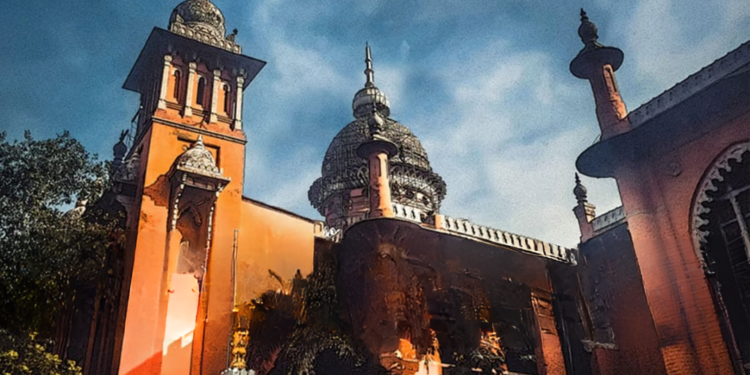Extraordinary cases deserve extraordinary remedies, the Madras High Court recently stated while invoking Section 24 of the Code of Civil Procedure (CPC) to transfer a 45-year-old suit from a local court to itself.
In an order passed on July 12, Justice D Bharatha Chakravarthy withdrew the proceedings from a civil court in Srivilliputhur, Virudhunagar district, in a suit filed in 1979 by a landlord for the ejectment of a tenant.
Justice Chakravarthy noted that only three questions needed to be decided in such a suit:
Whether the tenancy was determined and terminated, allowing the landlord to pray for ejectment.
Whether the tenant could ask the landlord to sell the property.
What would be the sale price or the amount of compensation if the tenant is ejected.
These questions could have been decided by the local court within 20 to 30 “judicial active hours.” However, the suit has remained pending for over four decades, the High Court noted.
“The questions as simple as this should normally take around 20 to 30 active judicial hours for the Court to decide. Unfortunately, from the year 1979, the case has not attained finality. The mosaic of delay contains various reasons, predominantly earlier appeal and remand, protracting of the proceedings by parties, impleading legal representatives, etc. Conducting a postmortem as to what are the reasons for delay is pointless and would involve more time than is necessary for deciding the lis,” the High Court said.
The High Court made these observations while hearing a criminal revision petition filed by the landlord challenging an order passed by the Principal Sub Judge, Srivilliputhur, refusing to reopen his side of the evidence.
When Justice Chakravarthy reviewed the case papers, he realized the matter had been pending for over four decades and decided to intervene.
The judge stated that if simple questions such as those involved in this case remain pending for so long, a litigant’s “very right to legal remedy becomes non-existent and illusory.”
The High Court further said it cannot turn a blind eye to the issue and merely decide on the reopening of evidence.
“This is one extraordinary case. Extraordinary cases deserve extraordinary remedies. Section 24 of the Code of Civil Procedure lays down that the High Court on its own motion can withdraw any suit or other proceedings pending in any court subordinate to it and try and dispose of the same. I am inclined to exercise the said power given the extraordinary nature of this case,” the High Court said.
It also clarified that just because the High Court will now hear the main suit itself, the parties will not lose their right of appeal and can resort to provisions of the Letters Patent Appeal.

















